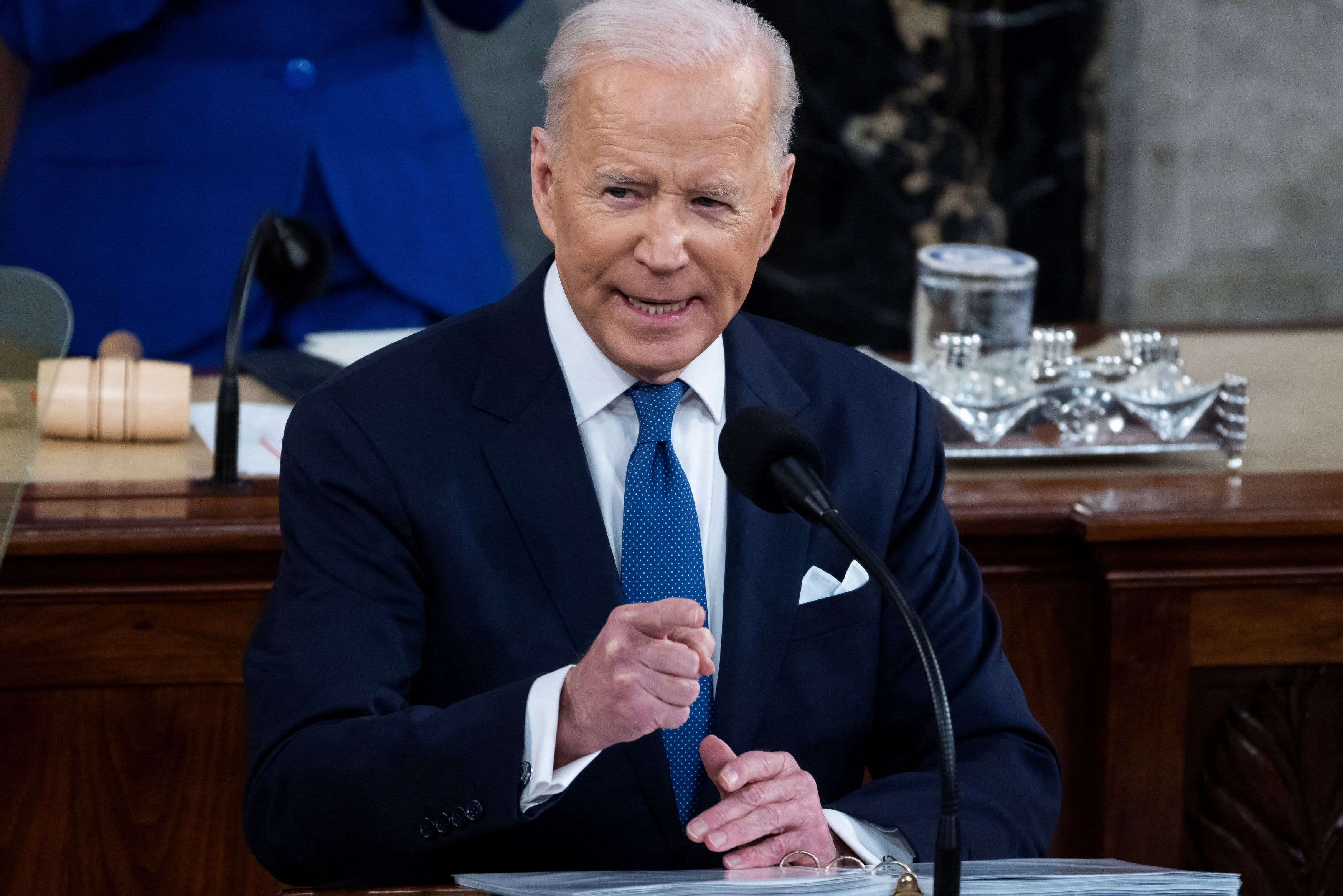Local experts are calling on the U.S. and other nations to stop buying fuel from Russia, thereby crippling the country's ability to finance the attack on Ukraine. But doing so would come at a cost.
Gas prices are already soaring in Massachusetts as the conflict drives up the price of crude oil on the international market, with the average cost of a gallon rising 8 cents in the past week. Cutting off Russian oil would worsen the inflation plaguing the U.S. and Europe, but failing to block Russia's energy shipments supports the chief source of funding for the Russian military attacking Ukraine.
During NBC10 Boston's new weekly series, the "Russia-Ukraine Q&A," three local experts explained why cutting off gas from Russian pipelines is necessary, despite the price hike Americans would see at the pumps.
Get New England news, weather forecasts and entertainment stories to your inbox. Sign up for NECN newsletters.
Sanctions aren't enough
The United States has joined European allies in dramatically escalating financial penalties against Russia over its invasion of Ukraine, but experts say it's not enough to stop President Vladimir Putin.
"Sanctions are not going to stop Russian tanks," said Oleh Kotsyuba, manager of publications at Harvard University's Ukrainian Research Institute. "But we do need to ramp up sanctions even further."
Russia has faced a litany of sanctions, including bans on Russian aircraft from U.S., EU and Canadian airspace, a ban on certain Russian banks from the SWIFT financial network as well as punishments from tech companies like Google and Apple.
"The key thing psychologically with these sanctions is they really demonstrate that the world is against Putin right now," said Mai’a Cross, a professor of political science and international affairs at Northeastern University. "The West, the EU, but the world mostly in general is speaking out through these sanctions to isolate Russia, and that could have an effect on how Putin calculates in the coming days with the military campaign."
More on sanctions against Russia
But U.S. officials have gone out of their way to say that they are not seeking to block Russia's energy shipments despite it being a mainstay of Russia's budget.
"Unfortunately, the West continues buying Russian oil and gas, including the United States, which buys about half a million barrels of Russian oil a year," Kotsyuba said. "That's the money that Putin is using to kill Ukrainian people today."
Kotsyuba, a Ukrainian native, said the U.S. has a "moral imperative," to block Russia's energy shipments. He pointed to innocent Ukrainians who are being targeted, including his own family members who have spent a week in a "damp basement" in the south of Ukraine, sheltering from bombs and Russian troops.
"That's the money that Putin is using to kill Ukrainian people today."
Oleh Kotsyuba, manager of publications at Harvard University's Ukrainian Research Institute
"People need to see more decisive stance, more decisive action from the West because that really matters -- that kind of support," Kotsyuba said. "The real Achilles' heel for Russia is the energy sector."
The call for cutting off Russian oil was backed by both Cross and Pablo Calderon Martinez, an assistant professor in politics and international relations at Northeastern University.
"I agree," Calderon said. "Sanctions definitely need to go further -- need to go target the energy sector in particular. We have a cost of living crisis, of course. Energy prices are going up, gas prices are going up, but I think it is the sort of thing that voters will understand."
What happens if we stop buying oil from Russia?
Cutting off Russian oil would send prices soaring and worsen the inflation now plaguing the U.S. and Europe, which Cross noted would be a "self-sacrificing move" for President Joe Biden, whose approval rating is already dropping. Some analysts believe regular gasoline could climb to $4 a gallon on average in the U.S. in the coming months.
"He is concerned about his domestic support if oil and gas prices are to go up any further, so it's an important consideration," Cross said of Biden. "When you do sanctions, the idea is to hurt your target more than yourself. And oil and gas is something where you hurt yourself at the same time."
With Russian energy one of the cheapest sources on the market, Europe has done very little in the last 20 years to become independent of Russian energy supplies, according to Kotsyuba. In fact, Europe is the biggest customer for Russia's state-owned gas giant Gazprom, with 83% of its sales in 2020. Still, Cross and the other panelists believe the step is necessary.
"There are certain political calculations at a domestic level that of course leaders have to take under consideration," Calderon said. "But at the end of the day, this is the sort of thing that if you don't act now, things can get really, really worse really, really quickly. And it will be much harder to stop because once Vladimir Putin commits to take Ukraine by any means necessary, it's very hard to see how you de-escalate from that position."
There is added incentive to push for renewable energy, Cross noted, after the U.N.'s climate report found that minor, reactive or incremental changes are no longer sufficient to tackle the climate emergency.
"We're seeing violations of international humanitarian law. It's very, very concerning. There is the wherewithal and the need, especially with the UN report earlier this week, to not only become independent from Russian energy sources, but to become independent from these kinds of climate changing causes," Cross said. "And so it's it's absolutely something that countries need to rush toward anyway."





